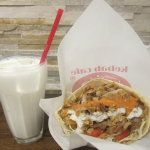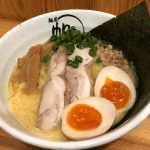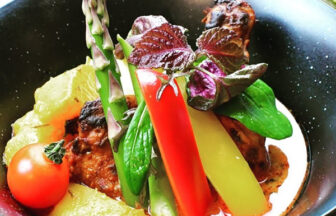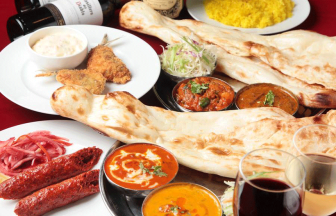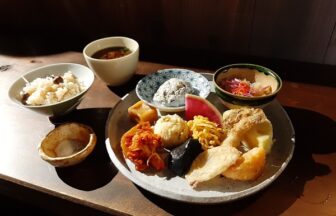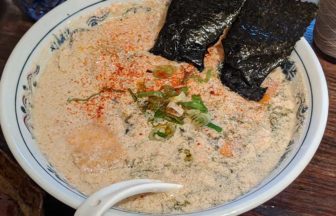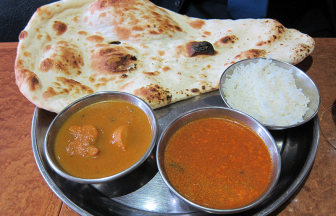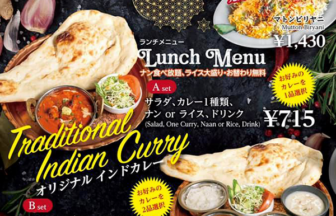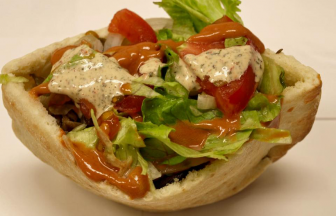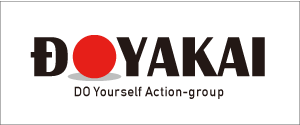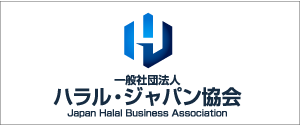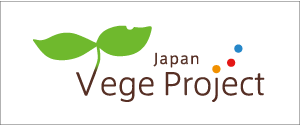Authentic taste beyond the level of school cafeteria! Set of Indian curry and Naan baked in a tandoori pot, for only 400 yen
“Tokyo Halal Deli & Cafe” is a cafeteria located in Sophia University, Yotsuya Campus.
You can enjoy full halal dishes supervised by Muslim chefs, including authentic curries made by Nepalese chefs, Japanese curries and fried set meals. There is also a rich vegetarian menu, including Halal and vegan dishes such as stir-fried vegetables and vegetarian curry.
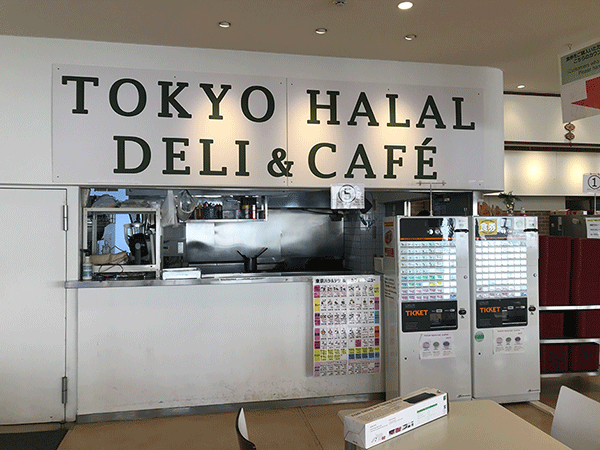
Tokyo Halal Deli & Cafe
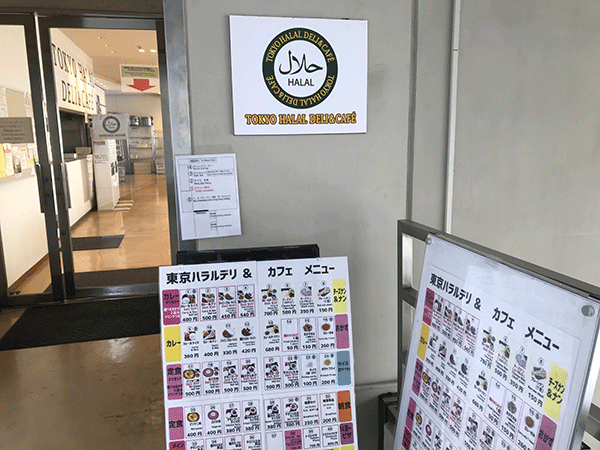
Sophia University Hoffman Hall 4F
No additives, chemical seasonings or preservatives are used.
And pricing is nice for students. For example, Naan is 150 yen per sheet, and breakfast can be eaten from 200 yen.
A cafeteria that supports the creation of a healthy body under the motto of “healthy eating habits” in line with the teachings of Halal, as well as being reasonable and delicious.
The most popular is a set of exquisite curry and naan made by a Nepalese chef who serves more than 130 meals a day. Naan baked at a high temperature of 400 degrees in a tandoori kettle.
The drop-shaped Naan is large enough to protrude from the tray.
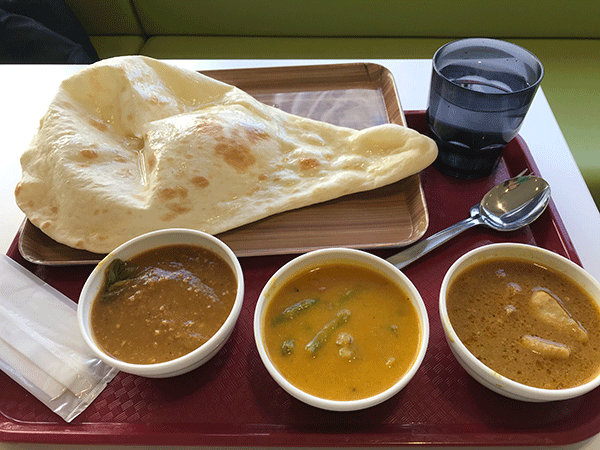
Plain Naan and Curry (Kema, Vegetable, Chicken)
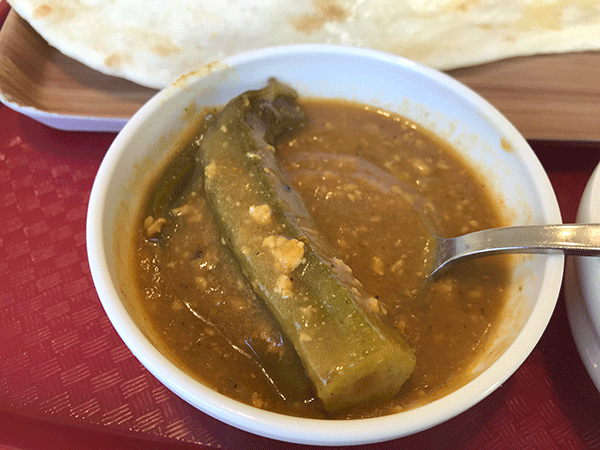
A whole Okura inside
Curry includes keema curry, chicken curry, vegetable curry and weekly-curry.
Best recommendation is vegetable curry, using seasonal vegetables.
It is a savory spice with plenty of vegetables and nuts and a taste that can not be imitated.
Every curry has a large and savory ingredient. Authentic taste can be experienced here.
Cafeteria that also serves education and enlightenment for students and staff /Disseminating food culture to the world through international exchanges
Tokyo Halal Deli & Cafe’s owner Chef is a Muslim from Bangladesh.
After studying at a Japanese and French restaurant, the owner now operates several restaurants and trading companies.
The owner started Halal business because of the inconvenience of Muslims having few choices to eat and it being too expensive to find what they can eat when traveling.
Halal seasonings and meat can be bought cheaply in Bangladesh, but not in Japan.
Thinking about ways to get Halal meat at a low price, the owner decided to set up a chicken company in Thailand.
As a result, chicken dishes such as chicken curry and grilled chicken can now be offered at a low price with full volume.
The recommended dish is fried chicken! Because it uses 45g of chicken for a single piece. It is large, soft, juicy, and delicious.
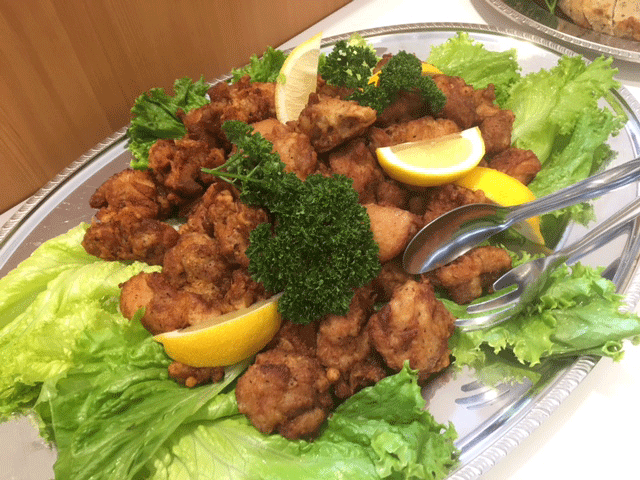
Fried chicken (tasting menu)
“Prayer room” on the 1st floor of Building No. 11 of Sophia University, which can be used regardless of religion.
Some school cafeterias are open to the general public. Unfortunately, the cheap and delicious cafeteria of Sophia University is not open to the public.
It is more of a welfare facility and can only be eaten by students, faculty and staff, and university officials.
Originally, “Tokyo Halal Deli & Cafe” was not a school cafeteria, but Halal lunch box sales shop. They were selling more than 150 lunches a day!
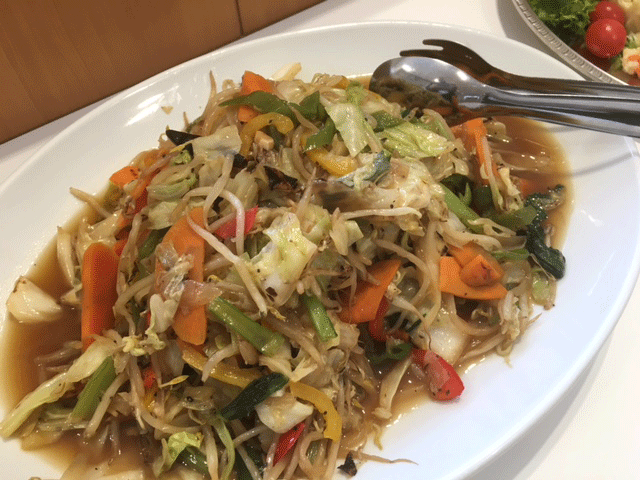
Stir-fried vegetables (tasting menu)
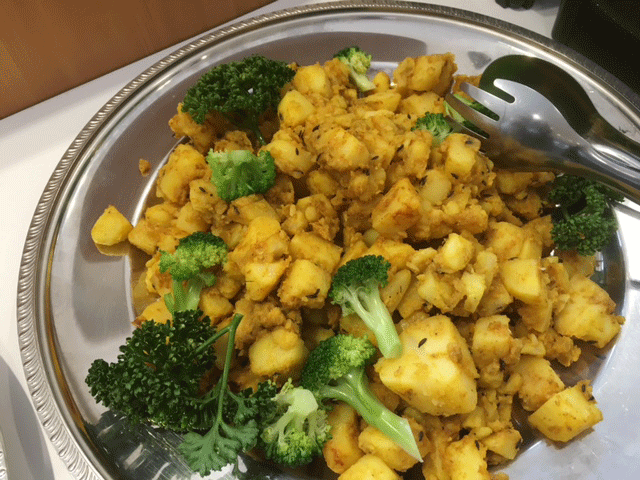
Stir-fried potatoes (tasting menu)
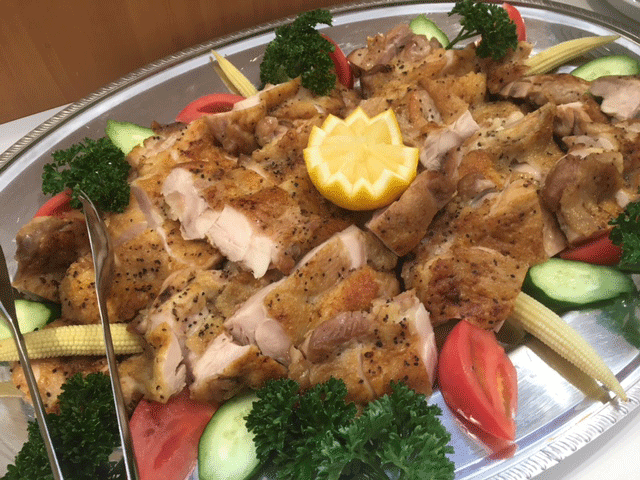
Roast chicken (tasting menu)
Sophia University has 2,718 international students (counting @2018).
There is also a vegetarian menu often requested by students studying abroad, and it is one of the reasons why it is highly evaluated not only for Halal but also for various needs.
Sophia University has the image of Catholicism, but in fact there is the Islamic Research Center, which conducts global research in cooperation with various religions and ASEAN countries.
There is also a prayer room that can be used regardless of religion on the first floor of Sophia University Building No. 11.
Owner if “Tokyo Halal Deli & Cafe” also donated a prayer mat and cooperated for its opening.
All of these are in line with Sophia University’s vision of constructing a campus that respects and harmonizes diversity. Being a cafeteria, Tokyo Halal Deli & Cafe plays a role in contributing to the university vision .
Supervisor / Recommender

- Halal Supervisor and Foreigner Food Coordinator (Cooking, Consulting, Public Relations)
-
Click here for introduction
I currently work as an editor, but my previous job was as a chef, with many years of experience working in hospitals, restaurants, and the food service industry. Looking back, I think my connection to halal may have already been there.
Decades ago, I once worked in a cafeteria at an auction venue. Over 60% of the visitors were foreigners. Many Muslims were present, and the venue had a mosque-like prayer space. I remember being frequently asked questions about whether the meat was halal and what kind of meat it was. At certain times, the cafeteria would become as lively as a festival. The Indian restaurant next door would generously serve free biryani, curry, and sweet drinks to everyone who came. Over 100 people, including people wearing bright red turbans, galabeyas, and traditional attire, gathered in the cafeteria, all sitting around the same table and enjoying a truly enjoyable time. Looking back, it was iftar, the end of fasting, and I understand the significance of sharing, but at the time I was ignorant of halal and Islam, and didn't even consider how to respond. They only ate the curry made by the Indians in the restaurant. As I studied halal, I realized, "I wanted to eat Japanese food, but I couldn't." I regret not doing anything even though there was something I could have done.
If only it didn't contain pork! If only it didn't contain wheat or buckwheat! I could eat it... Food insecurity is different for each person.
That's why I think it's important to learn about the differences in culture, religion, and lifestyle that underlie it, and to create an environment where everyone can enjoy delicious meals in comfort.
The desire for delicious, safe, and secure food is universal. The times are calling for people to live in new ways that transcend borders and religions. I hope that halal can be a gateway to eliminating food insecurity, contributing even in some small way to a society where people can coexist and prosper with more liberal thinking, and to global harmony beyond.
Latest entries
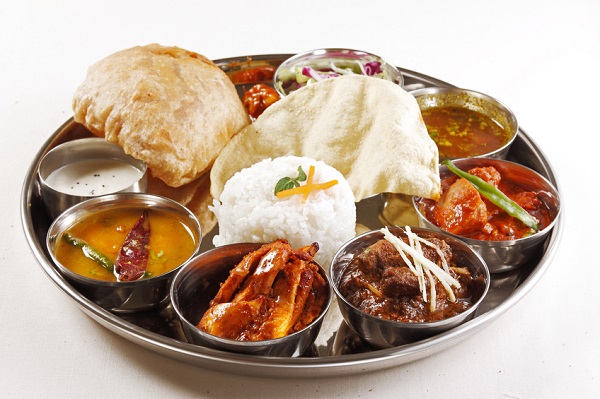 Tokyo2023年11月4日Dakshin South Indian Restaurant Otemachi Branch
Tokyo2023年11月4日Dakshin South Indian Restaurant Otemachi Branch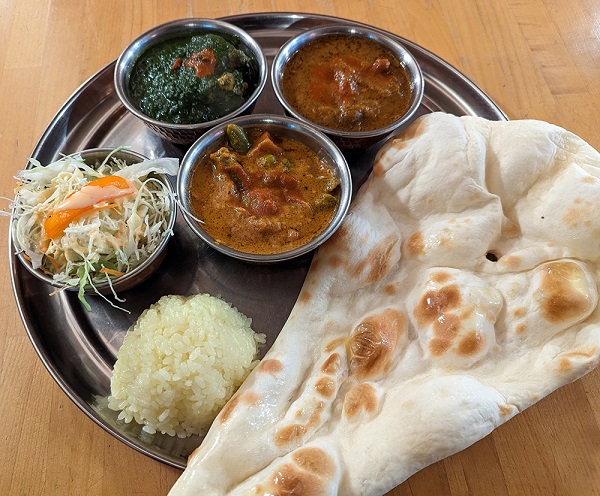 Tokyo2023年10月23日Gandhi Mahal
Tokyo2023年10月23日Gandhi Mahal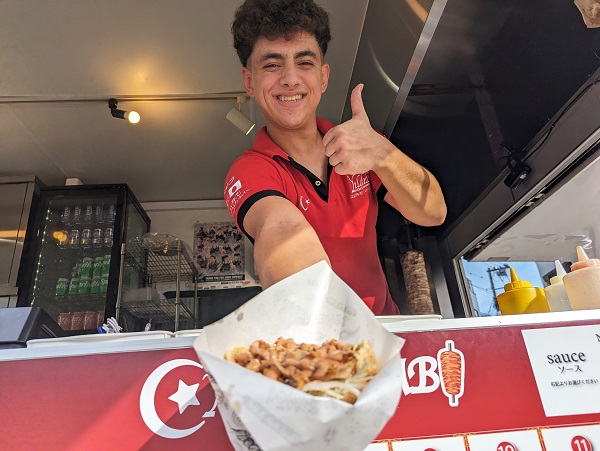 Tokyo2023年10月23日Yıldız KEBAB
Tokyo2023年10月23日Yıldız KEBAB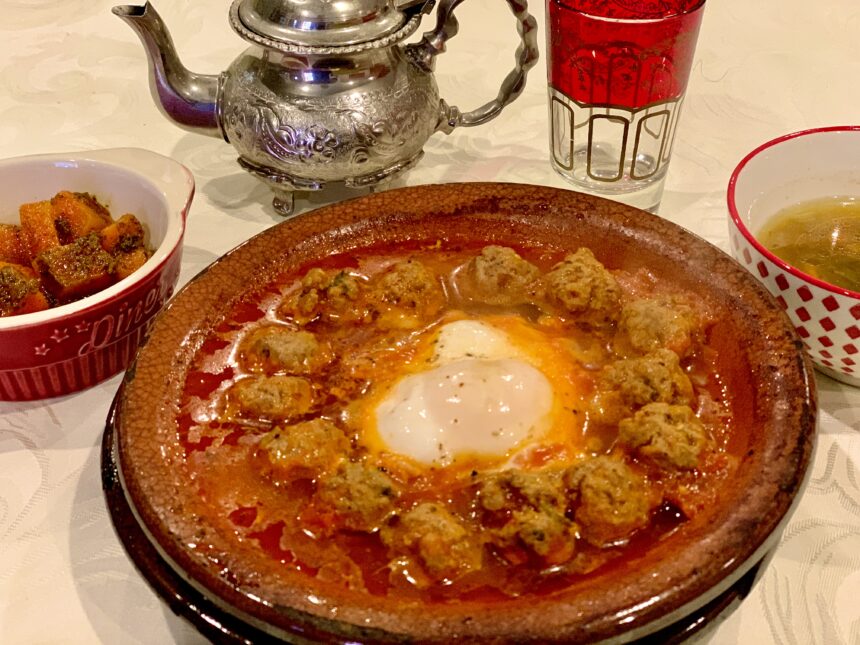 Tokyo2023年10月4日Restaurant Morocco
Tokyo2023年10月4日Restaurant Morocco















